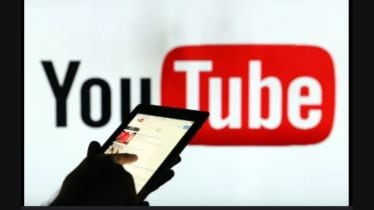YouTube seems to be in talks with record labels to license their songs for artificial intelligence tools that clone popular artists’ music. Reportedly, YouTube, which is a Google-owned video platform, is in discussions with record labels to bring in AI-generated music.
Reportedly YouTube aims to win over a sceptical industry with upfront payments. It looks like YouTube is trying to bring a fresh positive aspect towards AI generated music.
AI to sing you songs?
According to reports, the Google-owned video site needs labels’ content to legally train AI song generators, as it prepares to launch new tools this year. YouTube’s recent move comes as the leading record companies on Monday sued Suno and Udio, two AI start-ups.
The company seems to have recently offered huge amounts of cash to the major labels – Sony, Warner and Universal. As reported by some sources associated with these discussions, YouTube is trying to convince more artists to allow their music to be used in training AI software.
However, many artists remain fiercely opposed to the AI music generation, fearing it could undermine the value of their work. Reportedly, last year in April, ghostwriter977, a TikTok user, wrote and produced a song called “Heart on my sleeve” which went viral and is believed to have sounded like Drake, a Canadian rapper and The Weeknd, a singer-songwriter. However, neither Drake nor The Weeknd had a clue about the song.
The musical road ahead
Reportedly, last year YouTube had begun testing a generative AI tool that lets people create short music clips by entering a text prompt. The product, which was initially named Dream Track, was designed to imitate the sound and lyrics of well-known singers. However, only 10 artists agreed to participate in the test phase, including Charli XCX, Troye Sivan and John Legend.
It is expected that YouTube’s deal with record labels would look more like the one-off payments from social media companies such as Meta or Snap to entertainment groups for access to their music. This might not be similar to the royalty-based arrangements labels have with Spotify or Apple.
For the past few years there seems to have been a continuous debate going around ‘AI in music’ for copyright issues. YouTube seems to aim to change this perspective. As per reports, YouTube explained that they are not ‘looking to expand Dream Track but are in conversations with labels about other experiments.’ Furthermore, it is believed that YouTube’s new AI tool, which will carry the Dream Track brand, could form part of YouTube’s Shorts platform.
Follow FE Tech Bytes on Twitter, Instagram, LinkedIn, Facebook
